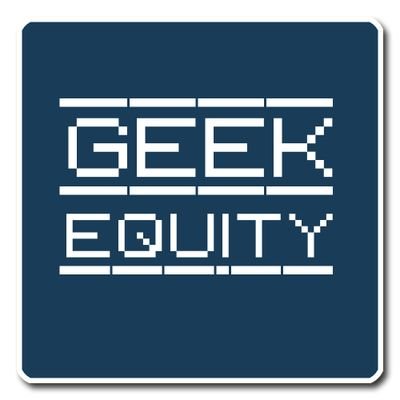Geeks and geekiness take an increasingly central position in contemporary society. As Kester Brewin says “We are all geeks now”. At the same time, this development carries with it a certain elusiveness to what defines a geek. If we are all geeks, geekiness also loses its meaning. In this blog post, Andreas zooms in on this elusiveness, and discussed how it depends on both the geek going mainstream and the geek becoming more diversified.
The geek going mainstream
As Benjamin Nugent noticed in a piece in The New York Times more than a decade ago: “Being a nerd has become a widely accepted and even proud identity”. Today, geeks are everywhere in popular culture. The hugely popular (although now discontinued) sit-com The Big Bang Theory manifests the new status of the geek in contemporary society. But geeks are not only popular on screen. Films and series popular among geeks are also dominating cinemas, with superhero movies, science fiction and fantasy drawing huge crowds.
At the same time, some of the places that used to be sure places to find geeks, like computer gaming events, are shifting character. Gaming has exploded as a cultural practice and no longer carries its former subcultural boys-room stigma. This is reflected in the evolution of computer festivals like Dreamhack.
Having started off as a gaming and demo party for enthusiasts in the basement of an elementary school in a small Swedish town back in 1995, Dreamhack has now grown to a huge industry that welcomes tens of thousands of visitors every time. In this process, it has also diversified and as a visitor today, you can enjoy dance-off competitions, rap battles and karaoke. The whole event revolves around e-sports. Huge stages are set up with professional gamers playing tournaments while their gameplay is being relayed out for viewers all over the world through platforms such as Twitch. At the same time, it seems, this has decentred the conventional geek. The traditional “geek drink” Jolt cola is hard to find. In a way one could argue that, since everyone is welcome, conventional geekdom has lost one of its fortresses.

The geek becoming more diverse
The elusiveness of the geek is also tied to it becoming more diverse, and differently defined in different contexts. We see this in the explosion of geeky interests. Today, you can be an “embroidery geek”, “a sough dough geek”, “a horse geek” or “a book geek” etc. In a way, this decentres the traditional technology geek from it king-of-geekdom position. At the same time, it also shifts the attention away from some of the more toxic elements of traditional geekdom. Rather than head on challenging the traditional geek and the privileges “he” carries, everyone is invited to be a geek of their own choosing.
To a degree, this can of course be considered progressive. At the same time, as phenomena such as #Gamergate and the “nerd rage” that followed upon the release of the female-led Ghostbusters reboot in 2016 remind us, it is important to still keep a vary eye on problematic aspects of geek culture. Keeping an eye on these is at the heart of our research and we’ll be posting regularly about these as our research progresses over the next three years.

